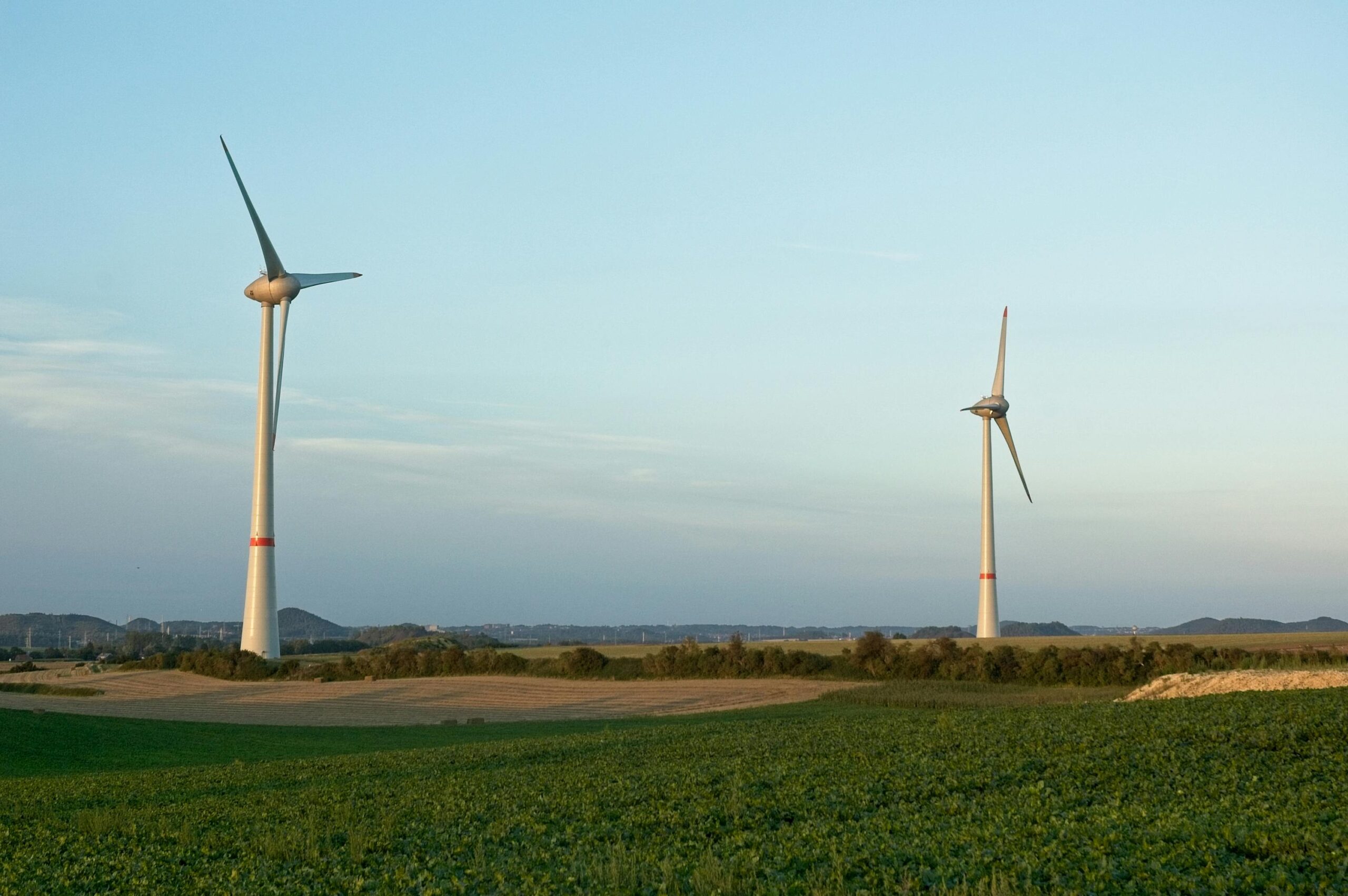 Our systems have recently been updated. Please bear with us whilst we fine tune the system.
Our systems have recently been updated. Please bear with us whilst we fine tune the system.
 Our systems have recently been updated. Please bear with us whilst we fine tune the system.
Our systems have recently been updated. Please bear with us whilst we fine tune the system.
 Our systems have recently been updated. Please bear with us whilst we fine tune the system.
Our systems have recently been updated. Please bear with us whilst we fine tune the system.

Technical difficulties in the UK government’s Energy Performance Certificate (EPC) database have led to a delay in the implementation of new energy efficiency regulations for landlords in England. Originally set to roll out sooner, these regulations will now not come into force until 2025 at the earliest. While this delay offers landlords some breathing room, it is crucial to start planning energy-efficient improvements now to stay ahead of future requirements.
Why Are EPC Regulations Becoming Stricter?
The drive towards stricter EPC regulations is rooted in both environmental and tenant concerns. According to a recent survey, 90% of tenants believe that energy-efficient homes are essential, and 82% would even be willing to pay higher rent for properties that are more energy-efficient. This demand underscores the importance of energy-efficient upgrades, not only for regulatory compliance but also for attracting and retaining tenants.
In addition, inefficient properties can result in higher costs for tenants, with poorly insulated homes leading to 21% higher energy bills on average. Beyond financial implications, there is also a growing focus on reducing carbon emissions. A typical rental property’s carbon footprint is 19% higher than that of an owner-occupied home, highlighting the need for improvements in the private rental sector as part of the UK’s wider efforts to reach net-zero emissions by 2050.
Why Landlords Should Act Now
Despite the delay in new EPC regulations, landlords are encouraged to make energy-efficient improvements sooner rather than later. Upgrading properties now can yield significant financial benefits. For instance, energy-efficient upgrades can save tenants an average of £350 per year on energy bills, which can make your rental properties more appealing. Additionally, improving a property’s EPC rating from a D or E to an A or B can add an average of £16,000 to its value, providing a strong return on investment.
Being proactive about energy efficiency also means landlords can avoid the last-minute rush to comply with regulations once they are enforced. Early adoption of energy-efficient practices could also enhance your reputation as a responsible landlord, helping to attract environmentally conscious tenants.
Steps to Improve Your Property’s EPC Rating
There are several practical steps landlords can take to improve the energy efficiency of their rental properties:
Improve Insulation: Adding or upgrading loft and wall insulation can significantly reduce heat loss and improve a property’s energy efficiency.
Replace Old Boilers: Switching out older boilers for more sustainable alternatives not only improves efficiency but also saves on maintenance and repair costs in the long run.
Install Solar Panels: Investing in solar panels or other renewable energy solutions can reduce reliance on traditional energy sources and lower energy costs for tenants.
Upgrade Windows: Ensuring that windows are double-glazed can dramatically improve insulation and reduce heat loss.
These upgrades will not only help you stay compliant with future regulations but will also increase the overall value and appeal of your rental properties.
The Bigger Picture: Working Towards Net-Zero Emissions
While the delay in EPC regulations is a setback for the UK’s broader goal of reaching net-zero emissions by 2050, landlords have a significant role to play in reducing carbon footprints. By taking action now, landlords can contribute to this important goal while also reaping the financial benefits of energy-efficient upgrades.
In summary, even with the current delay, it is crucial for landlords to begin planning and implementing energy-efficient improvements. Not only will this help you comply with future regulations, but it will also enhance the value of your properties, reduce tenant energy costs, and contribute to a greener future.